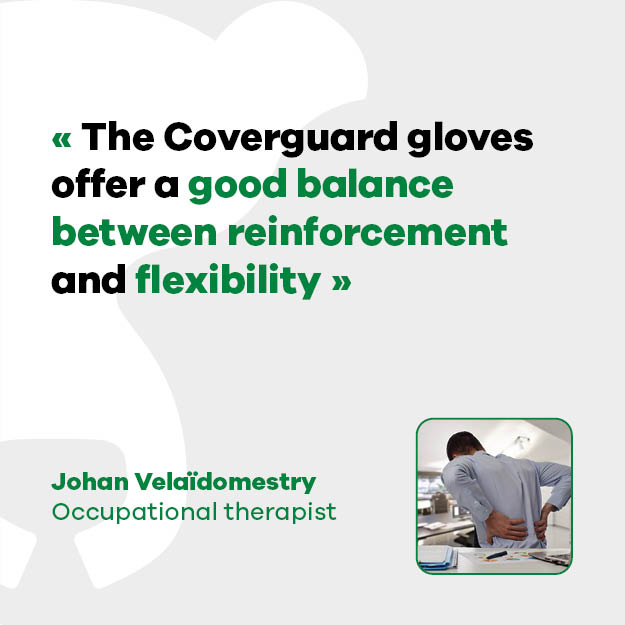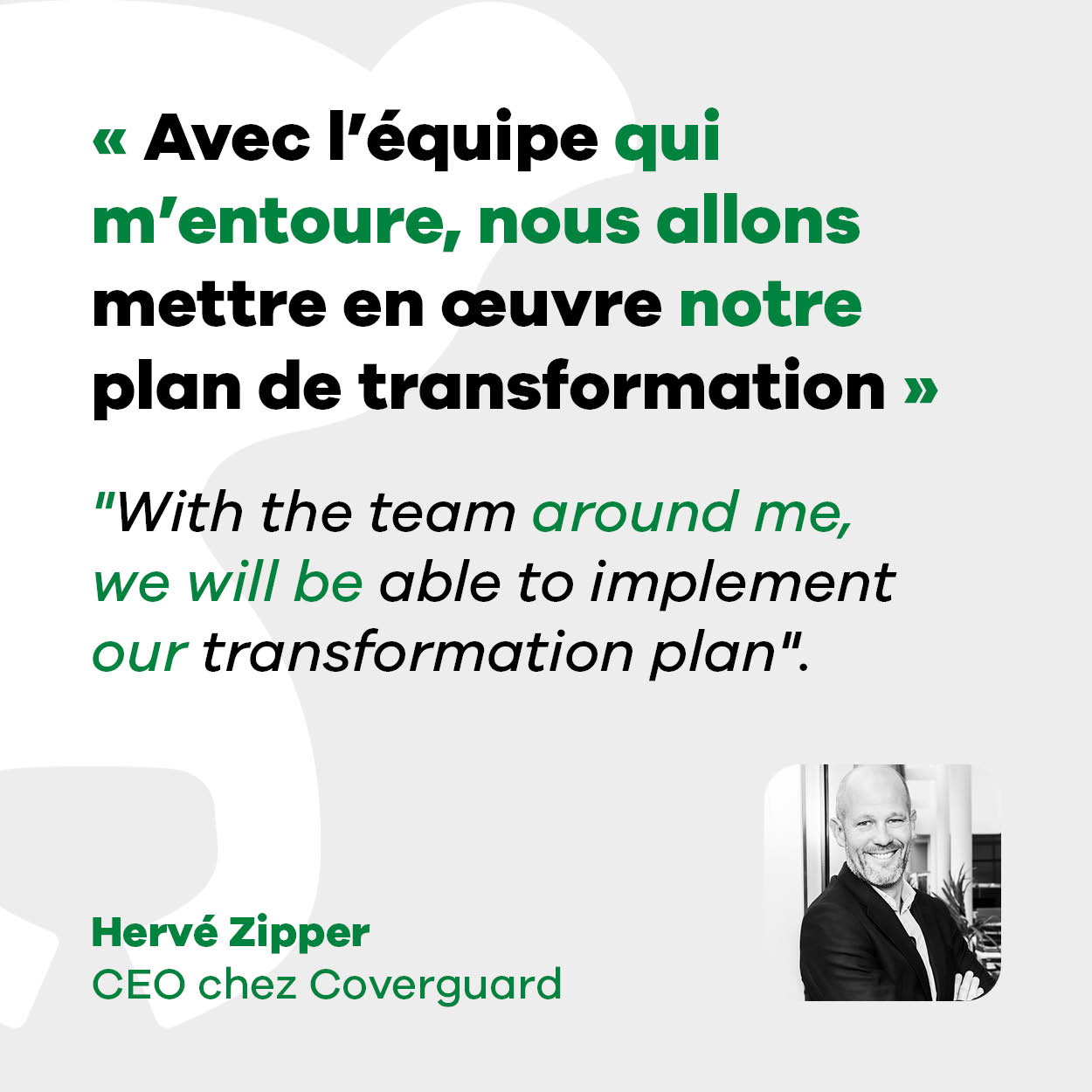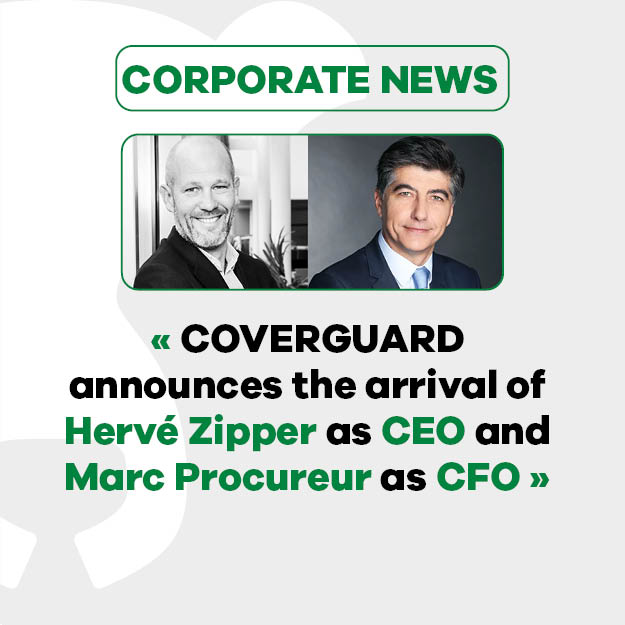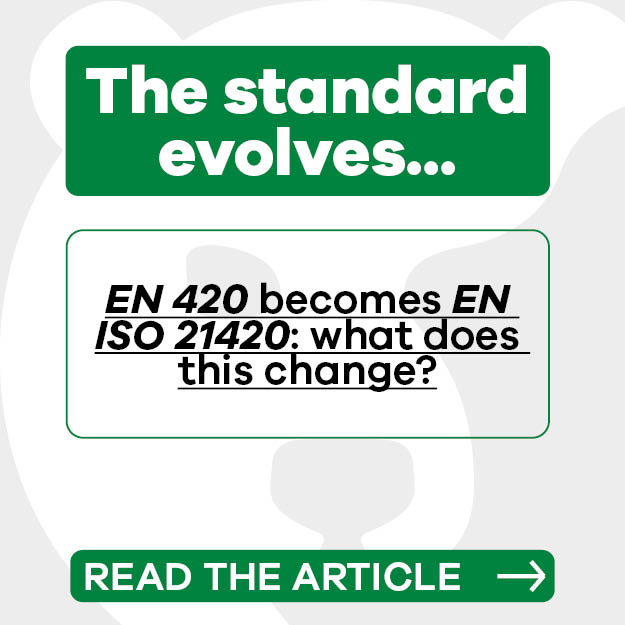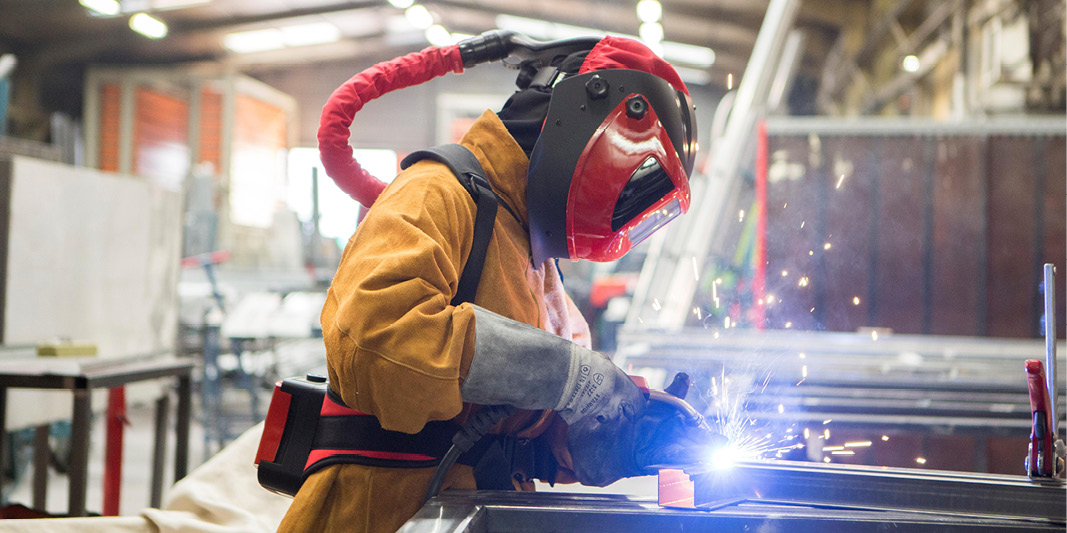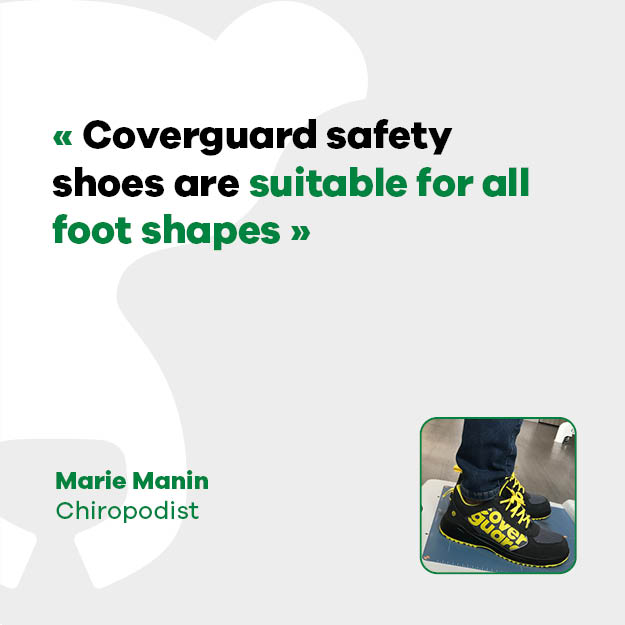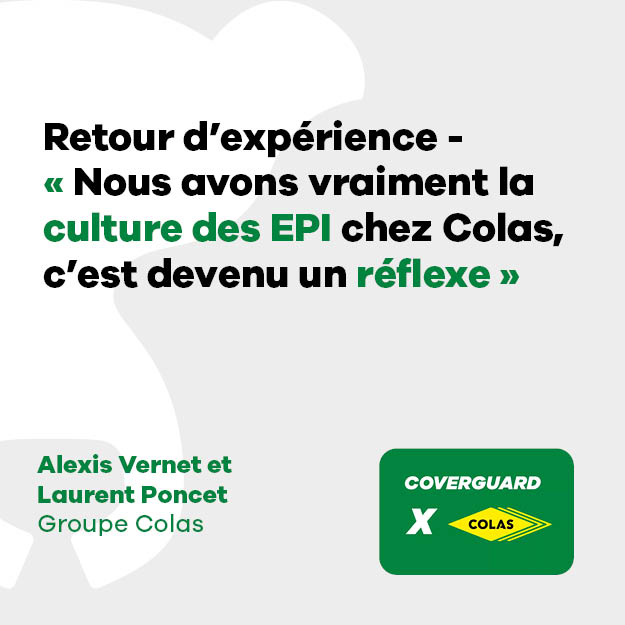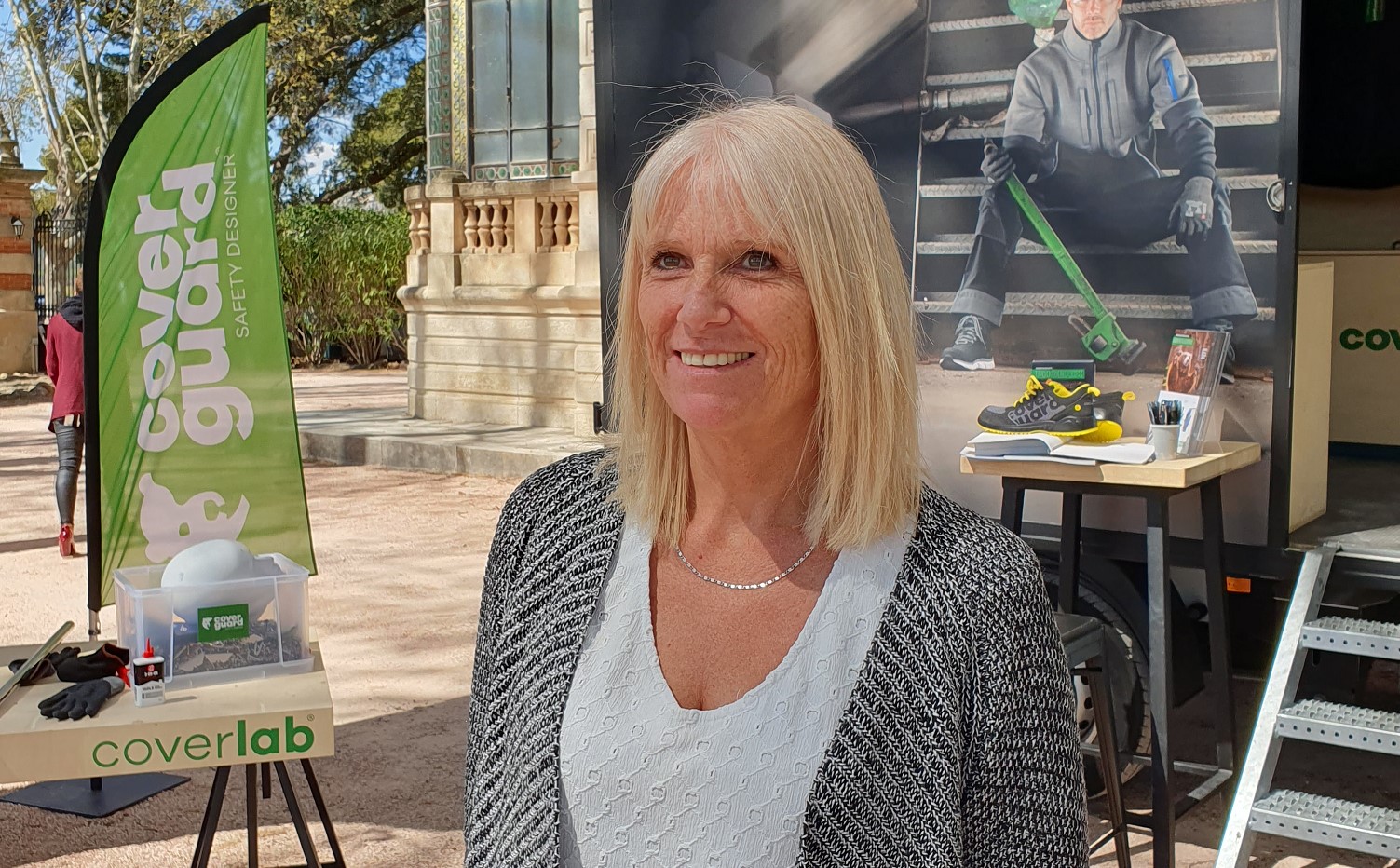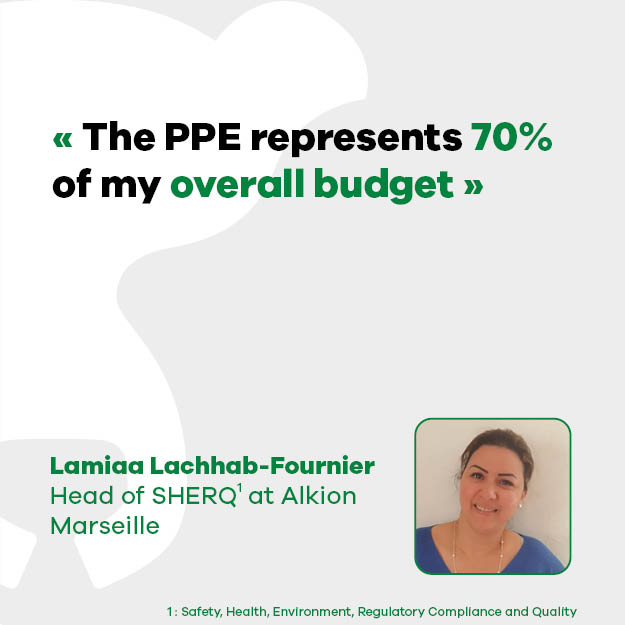
Lamiaa Lachhab-Fournier, SHECQ Manager at Alkion Marseille: "PPE accounts for 70% of my overall budget".
Her mission: to protect some 150 people every day from chemical and petrochemical risks. Lamiaa Lachhab-Fournier has been SHECQ Manager (Safety, Health, Environment, Regulatory Compliance and Quality) for over 4 years at Alkion Marseille, a storage site for liquid chemicals and petrochemicals. It is therefore her responsibility to find the personal protective equipment best suited to the constraints of employees and visitors.
After an in-depth look at the workings and regulations of this highly sensitive site, Lamiaa Lachhab-Fournier tells us more about the risks encountered and the essential role of PPE in everyone's safety.
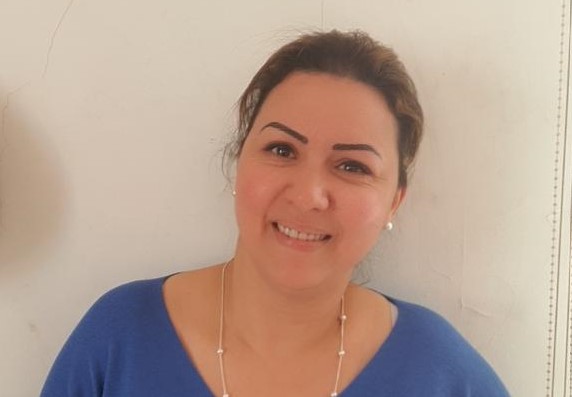

Incidents at sensitive sites like yours have left their mark over the last 20 years. You can imagine that the chemical industry must be subject to a lot of regulations in terms of safety...
In fact, most of the regulations that really shake up our daily lives came into force following incidents on a national or international scale. Like the Seveso regulations, for example, which were introduced after the AZF disaster in Toulouse in 2001, or those following the Lubrizol incident in Rouen in 2019.
All these high-profile accidents have led to a real awareness of the risks for people working on these sites, but also for local residents.
As a result, more and more constraints are being placed on industrial sites. The authorities are introducing decrees, penalties and strict regulations to regulate and limit risks as far as possible.
What major risks do you need to protect your staff and visitors to the Alkion Marseille site from? And how do you go about it?
Here, the major risk is the chemical risk. In other words, exposure to products, emissions and fumes. The second risk would be fire or explosion, in the event of an incident or accident involving hazardous products.
The Alkion group has defined a Health, Safety and Environment (HSE) policy common to all sites. In particular, this policy requires us to wear the appropriate PPE for the work we do.
But we start from the principle that PPE is the last step in protecting everyone. Our role is first and foremost to ensure that the facilities around us are properly provided and maintained. To do this, we carry out a technology watch every year and rely heavily on the sharing of experience between industrial sites. We do our utmost to keep abreast of the latest technological, scientific and economic developments.
We note, however, that most accidents that occur on our site are the result of PPE being forgotten or worn incorrectly. Visitors are reminded of all the instructions as soon as they enter the site, and we've even installed a dummy equipped with PPE to help them protect themselves and make sure they don't forget anything!
"Whether it's management, external contractors or staff, everyone wears PPE".
What PPE is essential for anyone entering your site?
Whether it's the management, external contractors or staff, you'll always find clothing suitable for an ATEX zone, safety shoes, a hard hat, goggles and gloves. This is essential because all accessible areas present risks, whether from falling objects or exposure to products. The storage of flammable products also creates additional risks. The aim of this work uniform is to ensure the safety of people working in these high-risk areas.
We then have equipment for more specific handling, such as acid-proof overalls, goggles that are more waterproof than standard safety glasses and acid-proof gloves. For toxic products, whose fumes are harmful to health, we also require the wearing of suitable breathing masks.
Comment s’opère la sélection des EPI sur votre site ? Quels sont les critères essentiels ?
First of all, we invite tenders from our suppliers. We obviously pay close attention to product certification and compliance with current standards. We then look at the resistance and comfort of the products. We mustn't forget that a person will be wearing the equipment for an average of 7 hours a day, while working, crouching, sometimes carrying equipment, moving around, etc. We have to be able to make everyday life easier for our employees. We need to be able to make employees' daily lives easier, despite the constraints of the sector.
The material used, its composition and its weight remain important factors in our choice, especially in a region like ours where it can be very hot! We work on the principle that there are no compromises: PPE remains essential, whatever the temperature. We then put in place compensatory measures, such as regulating working hours for arduous jobs, increasing the number of breaks, providing water, and so on.
Once the PPE has been chosen, it is worn by volunteer employees before being presented to employee representatives. Once approved, the PPE is then rolled out across the company. These are crucial choices, because PPE accounts for 70% of my overall budget.
Are these safety rules and equipment, which can sometimes seem restrictive, welcomed by everyone?
In general, employees are perfectly aware of the importance of standards and PPE. It's a habit, it's part of the routine. Some have even seen or experienced incidents, so they understand what's at stake. Colleagues don't hesitate to remind each other to wear their PPE properly. That's a good thing, because it means that the message is well anchored in people's minds.
In the end, your site is almost safer than your home...
That's right! As you know, there are many more accidents in the home than in the workplace. When a private individual decides to cut down a tree, he or she may not wear a visor, gloves, etc. In our country, to cut down a tree you would need a permit, a risk analysis and PPE! In our country, to cut down a tree, you need a permit, a risk analysis and PPE! We start from the principle that we have no right to make mistakes, because the damage, effects and responsibilities are multiplied tenfold.









